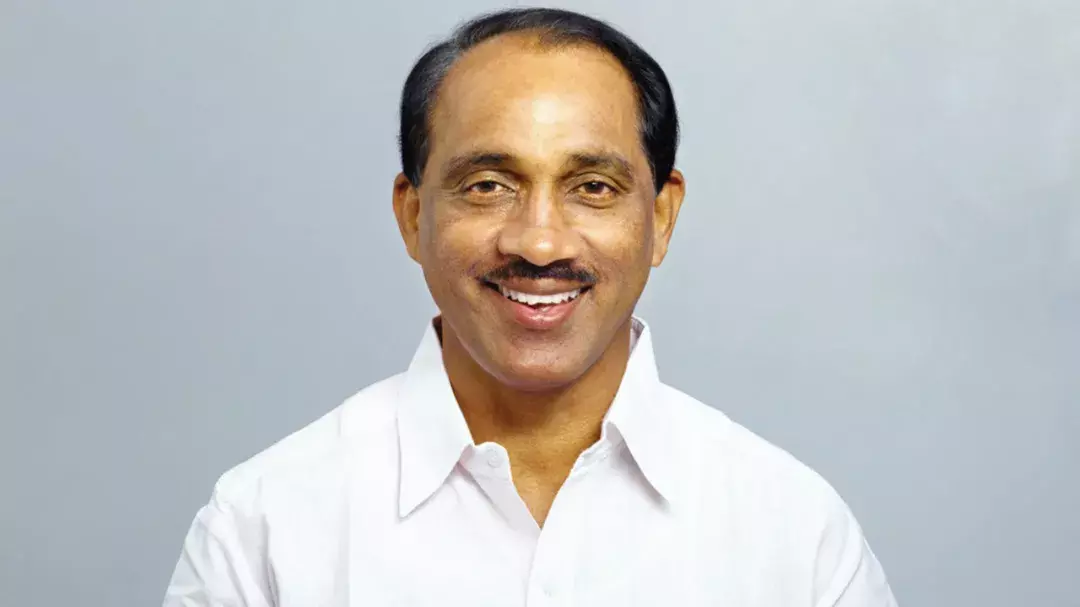
New bill grants Govts authority to seize any telecommunication services
text_fieldsNew Delhi: The Communications Minister Ashwini Vaishnaw introduced Telecommunications Bill 2023 in the Lok Sabha, reportedly aimed at overhauling outdated laws dating back to the 19th century, grants the Central Government unprecedented powers to take temporary possession of any telecommunication service or network, as per the draft.
This move, however, has faced staunch opposition from members of the Parliament, who are demanding Union Home Minister Amit Shah's statement regarding the recent breach in Parliament security.
According to the draft law, the government, or officers authorized by it, can seize control of telecommunication services if they deem it necessary. The bill specifically mentions occurrences of public emergencies, including disaster management, as grounds for such actions.
One controversial aspect of the proposed legislation is its provision allowing the interception of messages between individuals in the interest of public safety. The government is also empowered to suspend telecommunication networks temporarily if deemed essential for the sovereignty and integrity of India or the defence and security of the State.
To address concerns about press freedom, the bill includes provisions to protect accredited media persons. Messages from correspondents accredited to the Central Government or a State Government will not be intercepted or detained unless their transmission is prohibited under specified clauses.
However, the legislation also stipulates that the government can direct the interception of any message between individuals in the interest of public safety. This broad authority has raised concerns about potential misuse and infringement on privacy.
In a bid to modernize the legal framework governing telecommunications, the bill proposes to replace the archaic Indian Telegraph Act 1885, the Indian Wireless Telegraphy Act 1933, and the Telegraph Wires (Unlawful Possession) Act 1950. The government argues that these laws, some dating back 138 years, are inadequate in addressing the challenges posed by rapidly evolving communication technologies.
The proposed law carries strict penalties for unlawful interception of messages, with offenders facing a jail term of up to three years, a fine of up to ₹2 crore, or both.
As the debate unfolds in Parliament, the proposed Telecommunications Bill 2023 has become a focal point for discussions on the balance between national security, individual privacy, and the need for updated legislation to keep pace with technological advancements.






















